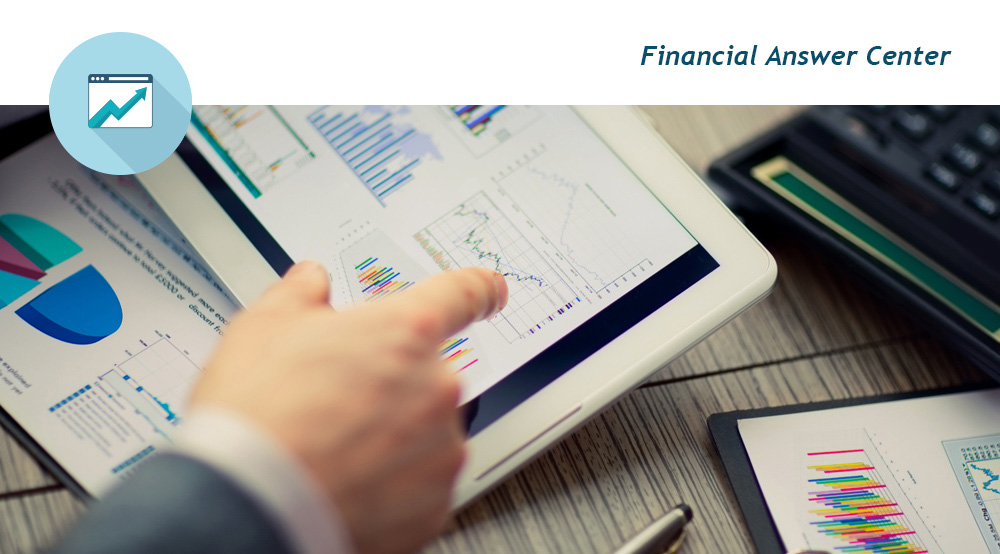
Do you consider your home an investment? The answer depends on how you answer the following questions.
Will you be buying a smaller, inexpensive house when the kids move out and you're ready to retire? Do you plan to move to a less expensive area of the country? Although many people think about doing those things, the fact is that family ties and neighbors become more important as we get older. It's hard to pull up roots and move away.
View your primary residence as a use asset and not an investment. You live in it. It is not the same as a stock or a bond.
Buying a home does have advantages:
Theoretically, in a rising real estate market, you can make money by periodically cashing out on your equity and moving to a cheaper home. However, from a financial point of view, moving from one house to another every few years may not be such a good deal. There are closing costs, moving costs, and realtor's fees. If you plan to purchase a home and live in it for a good portion of your life, it can be a financially prudent purchase.